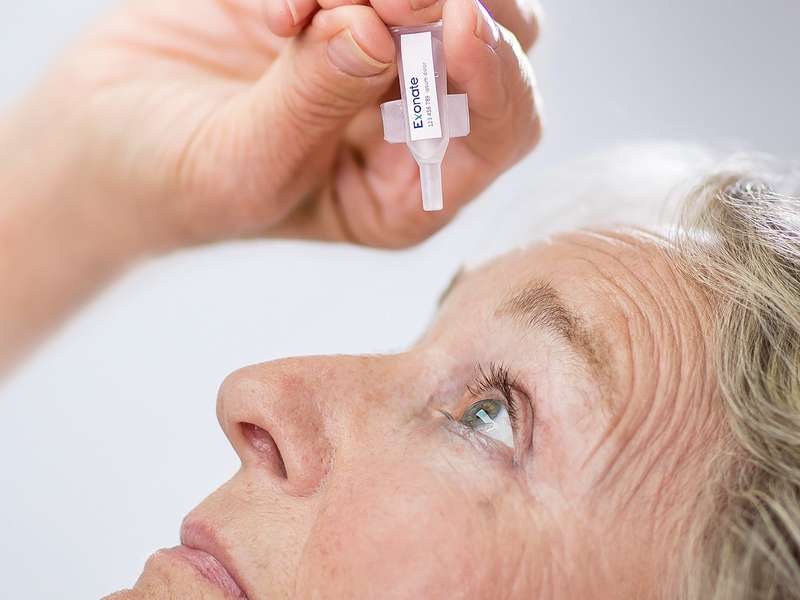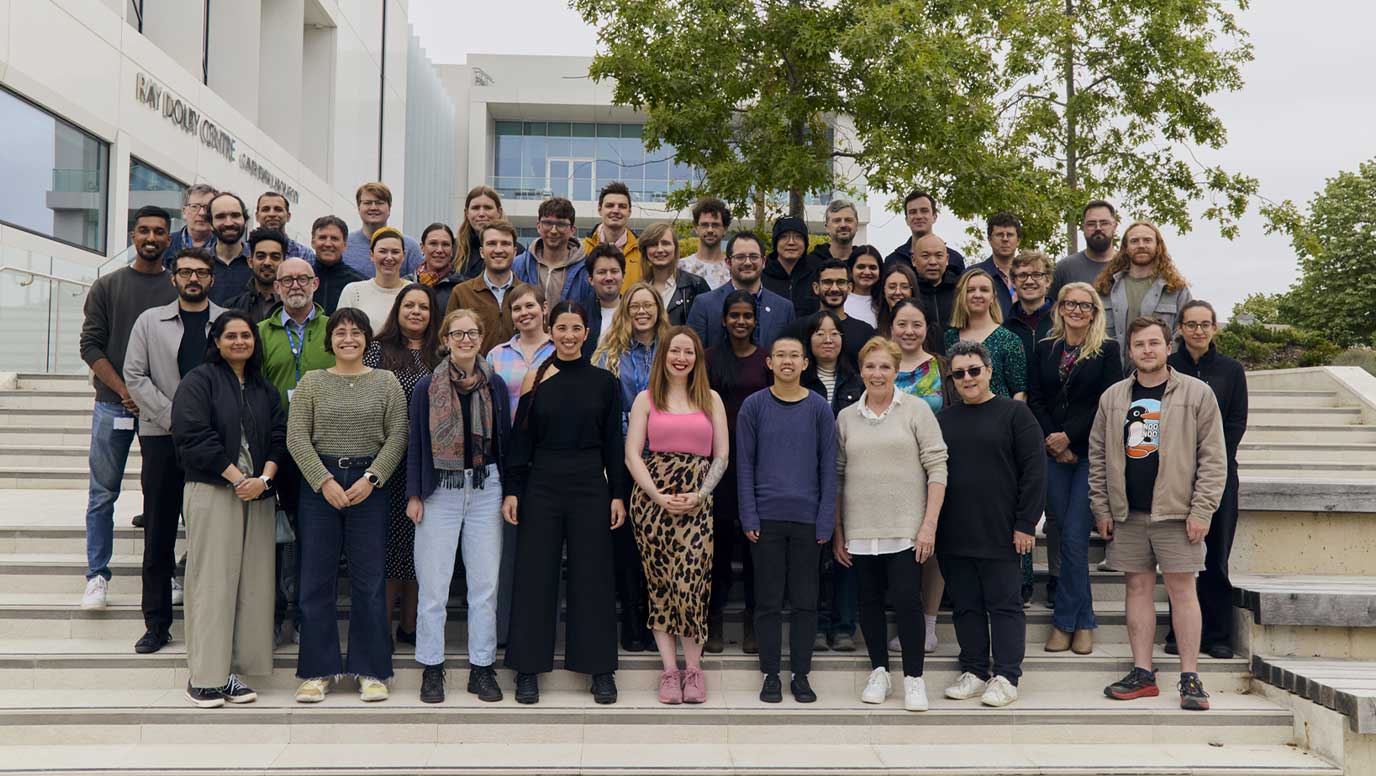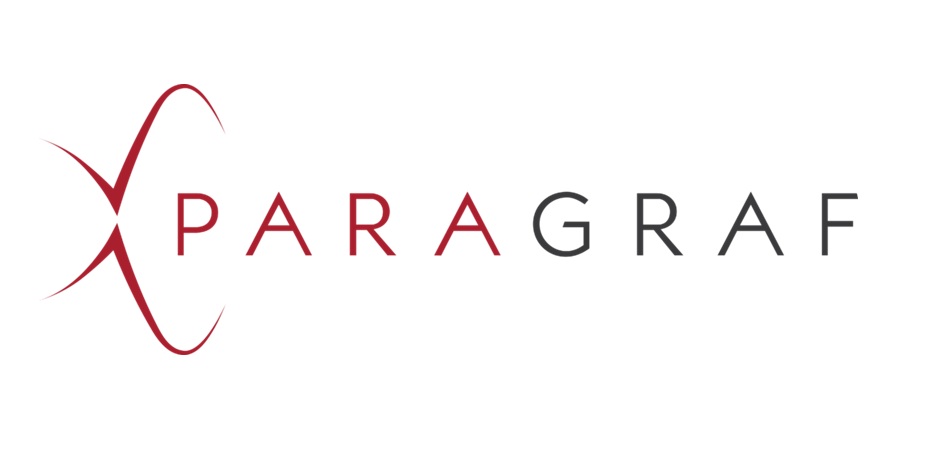News

Exonate announces collaboration with Janssen
January 24, 2020

Exonate has announced a collaboration with Janssen to develop a new eye drop for the treatment of retinal vascular diseases including wet Age-related Macular Degeneration (AMD) and Diabetic Macular Oedema (DMO)
The program, facilitated by Johnson & Johnson Innovation, has the potential to improve the treatment of patients with retinal vascular diseases and transform the lives of those suffering from vision loss.
Exonate, an early-stage biotechnology company, recently announced that it has entered into a strategic collaboration agreement with Janssen Pharmaceuticals, Inc., one of the Janssen Pharmaceutical Companies of Johnson & Johnson. Through the collaboration, Exonate will work with Janssen Research & Development, LLC scientists to develop an eye drop treatment for retinal vascular diseases such as wet AMD and DMO by using mRNA targeted therapies. Exonate has developed small molecules that inhibit the production of pro-angiogenic vascular endothelial growth factor (VEGF) through the selective inhibition of serine/threonine-protein kinase (SRPK1)-mediated VEGF splicing. The agreement was facilitated by Johnson & Johnson Innovation.
Commenting on the announcement, Dr Catherine Beech CEO of Exonate, said: “I am absolutely delighted to enter this strategic collaboration with Janssen, we are looking forward to successfully developing a novel treatment for retinal neovascular diseases.”
About Exonate:
Exonate is a privately held, early-stage, biotech company spun out of the University of Nottingham that is focused on alternative splicing of Vascular Endothelial Growth Factor (VEGF) in ophthalmology. Exonate’s lead programme is focused on Diabetic Macular Oedema (DMO). A consequence of diabetic retinopathy, DMO, is swelling in an area of the retina called the macula and wet Age-Related Macular Degeneration (wAMD), which is the leading cause of vision loss in people aged 60 and older. The Company is founded on scientific excellence with strong links to Professor David Bates and his lab at Nottingham University specializing in the biology and biochemical pathways of VEGF splice variants.
Exonate has developed small molecules that inhibit the production of pro-angiogenic VEGF through selective inhibition of serine/threonine-protein kinase 1 (SRPK1)-mediated VEGF splicing. These inhibitors have already demonstrated superior efficacy as topical agents in preclinical models of wet AMD. Through a Wellcome Trust funded project, Exonate will complete regulatory toxicology and safety pharmacology studies to support an application to the regulatory authorities for clinical evaluation. Exonate expects to reach this milestone and enter the clinic in mid-2020.
Exonate is led by an experienced, international management team that has previously worked together with cross-disciplinary experience in medicine and drug development, as well as successful fundraising for early-stage companies.
Find out more at exonate.com



